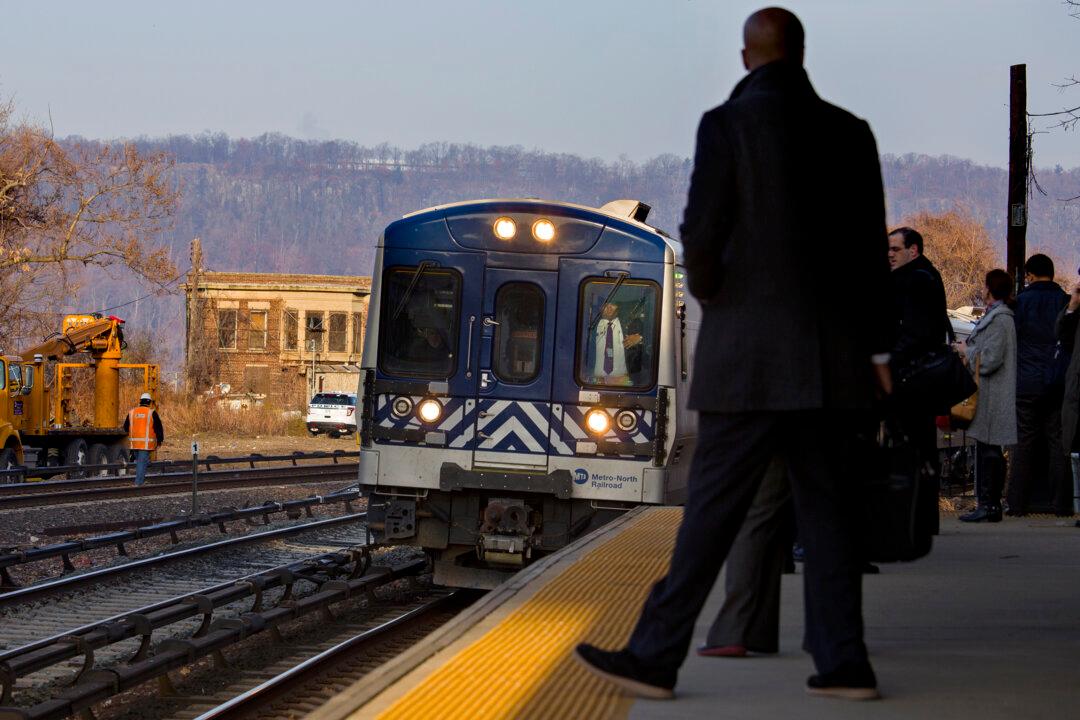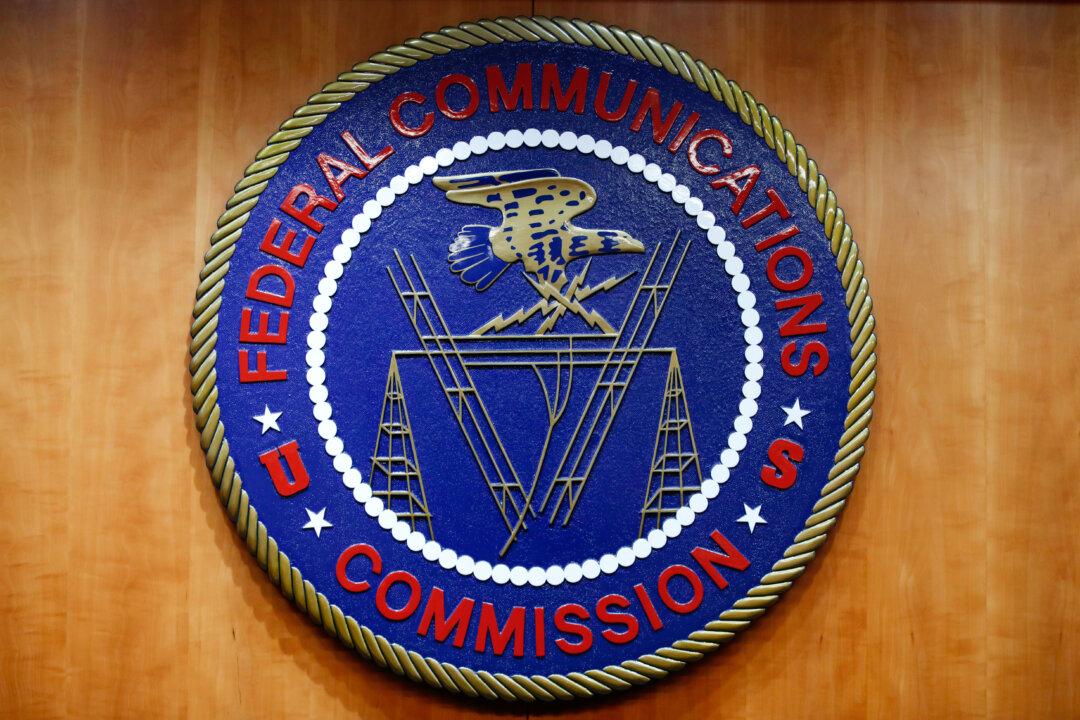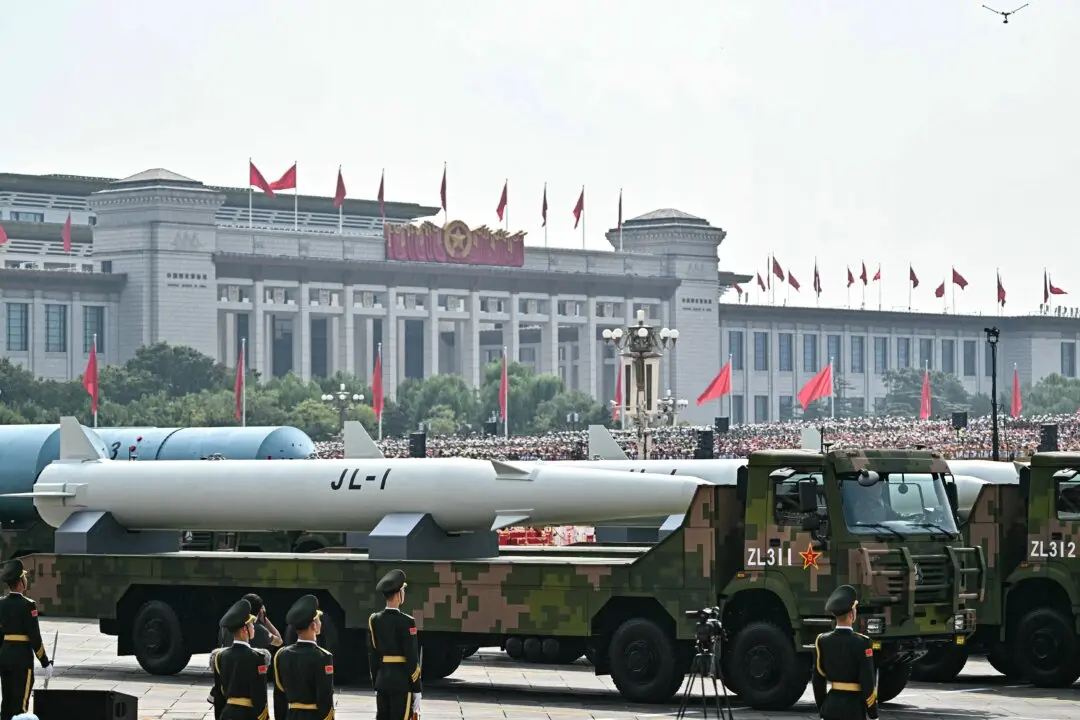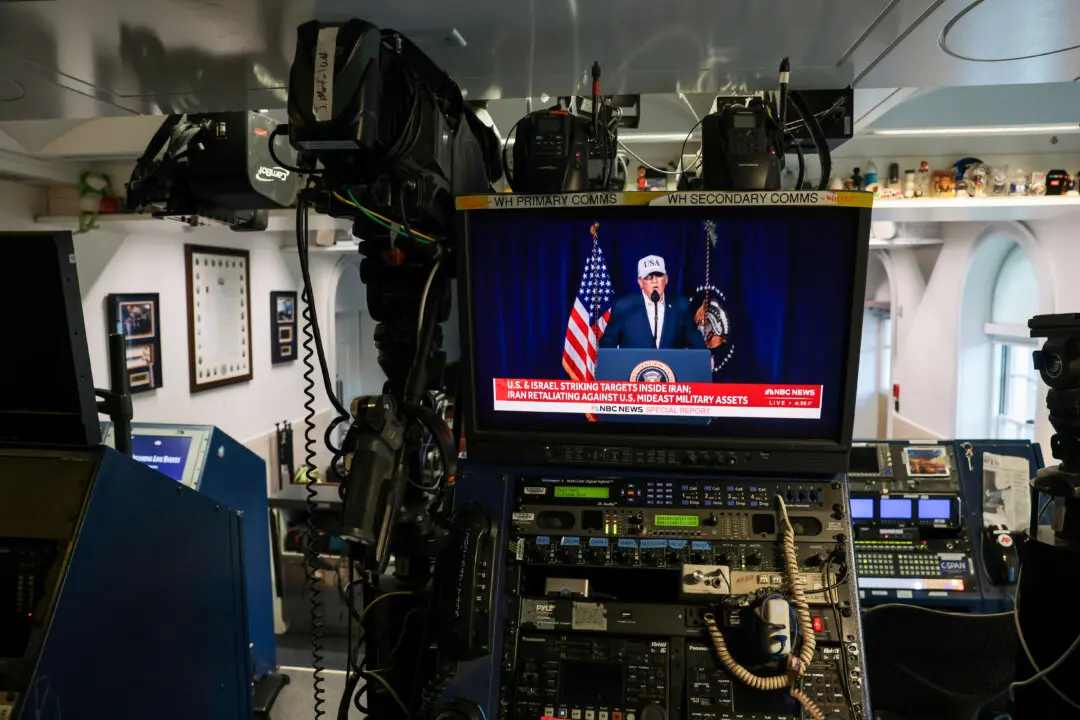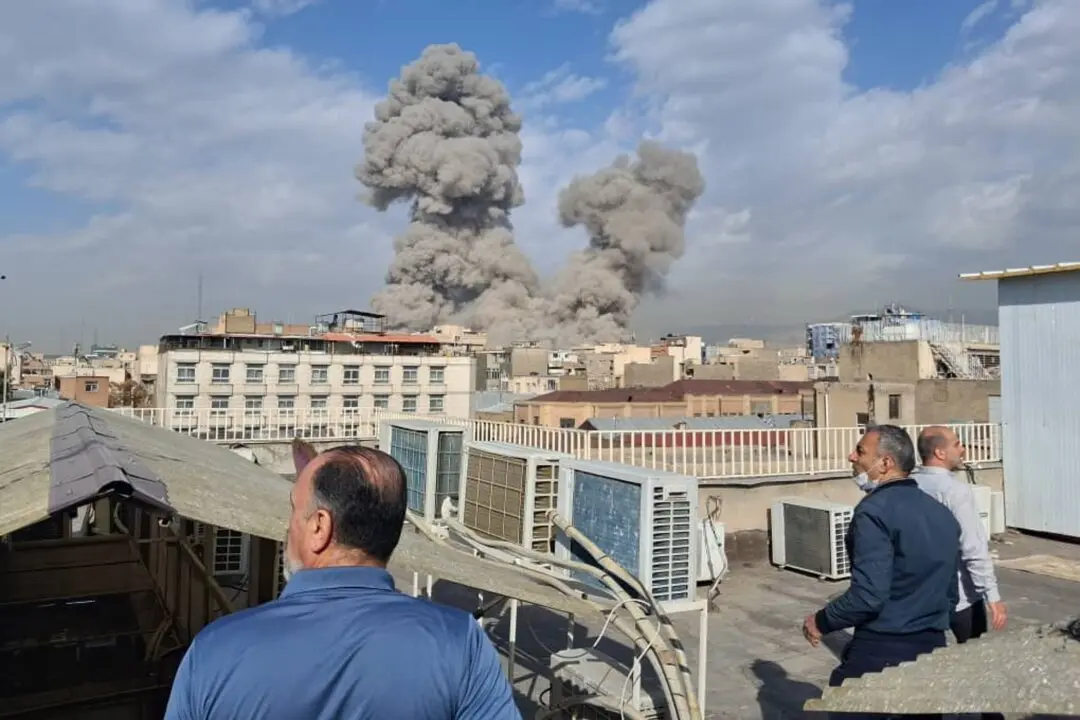Metro-North, once considered a highly reliable passenger rail, has been under federal scrutiny after four major accidents occurred 2013.
According to a federal report released Friday, Metro-North has placed a strong emphasis on on-time performance, which has led managers and supervisors to allow maintenance, training, and inspections to lapse in order to meet the efficiency goals.
“This, in turn, led to a deficient safety culture, which manifested itself in increased risk and reduced safety on Metro-North,” the report, titled “Operation Deep Dive,” reads.
The major derailment in the Bronx last December prompted the Federal Railroad Administration (FRA) to conduct this investigation.
Following the year of incidents, former president Howard Permut stepped down earlier this year, replaced by Joseph Giulietti, who previously served as executive director of the South Florida Regional Transportation Authority and as an executive at Metro-North.
Efficiency
Last month, Metro-North announced new safety initiatives, including slowing trips by 7-10 minutes, modifying the signal system, and posting speed limits at risky turns.
Investigators found that signal department employees were reporting pressure to rush when responding to signal failures, which had gone up with the increased number of trains. Tracks employees said it was difficult for them to have enough time to make the necessary track repairs.
Concern with on-time emphasis was found across all departments, which led to a poor culture of safety.
Not even the Safety Department had time to proactively advocate for safety, the report noted.
Training
The push to rush also resulted in poor training for new hires.
Many experienced employees retired in recent years, which led to hiring of 700 new employees last year, and expectations for 800 more this year.
Metro-North currently has the authority to hire nine new trainers and one assistant to add to the 50-person Training Department, but has had trouble filling the positions. Last month, Metro-North announced the creation of a Chief Safety Officer position to report directly to the head of the agency.
The Training Department is only responsible for overall training, and not for training in signal and train control, electric traction, and customer service. Technical or on-the-job training is deferred to individual departments and fragmented throughout the system.
“Metro-North’s training records system is burdensome, inefficient and a source of frustration for Department employees,” the report reads. There was an effort to streamline the records in 2011, but FRA says the effectiveness is “questionable.”
Metro-North is required to submit a plan for improvements to the safety department and training programs to FRA within 60 days.
